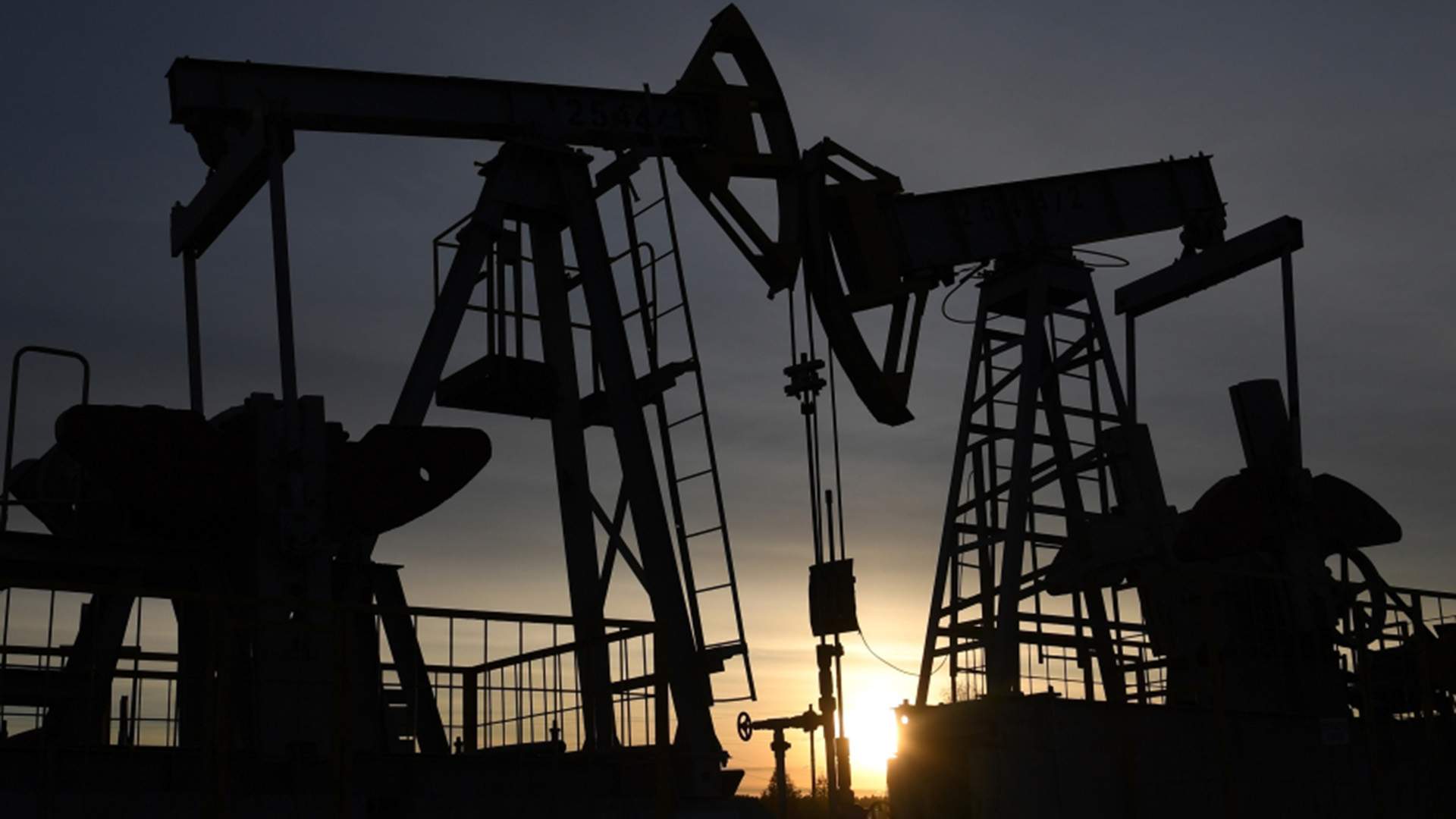
Russia's oil and gas revenues jump by more than 80%
By Rhod Mackenzie
In February, Russia's oil and gas revenues surged by over 80% from the previous year to exceed $10 billion, owing to the increase in crude prices.
The Finance Ministry reported that budget revenues from oil and gas taxes amounted to 945.6 billion rubles ($10.4 billion) last month. Bloomberg calculations revealed that duties on crude oil and refined products, which constitute 84% of total hydrocarbon revenues, more than doubled.
The calculation of oil taxes was based on the average price of Urals, Russia's primary export blend, which was $65 per barrel, an increase from the previous year's price of less than $50.
Russia's oil and gas sectors are crucial sources of revenue for the national treasury, which is facing pressure due to increased military spending following the events in Ukraine. Additionally, the Kremlin is raising payments to public sector employees, which Bloomberg suggests is related to the current Russian president's election campaign.
To reduce Russia's oil revenues, Western countries imposed sanctions. In February 2023, these sanctions caused the price of Urals oil to drop below $50 per barrel.
The European Union banned most maritime imports of crude oil and petroleum products from Russia, while the G7 countries imposed a price cap of $60 per barrel on Russian oil. Although buyers from other countries could purchase 'Russian barrels' at a higher price, they were not permitted to use Western services such as insurance.
Moscow has mitigated the impact of price caps by utilising a large shadow fleet of tankers and collaborating with non-Western buyers, intermediaries, and service providers.
However, since November, the US and its allies have intensified enforcement of price caps, imposing sanctions on several ships and traders for violating the restrictions. This tougher stance has resulted in an increase in Urals' discount to the Brent benchmark.
To safeguard cash flows to the budget, Russia implemented the minimum price mechanism, which requires producers to pay taxes based on an artificial Urals discount of $15 per barrel on Brent. The budget received the funds in February. However, in January, producers sold their Urals cargoes at an average discount of over $18 at Russian ports, as reported by Argus Media Ltd.
Since 2019, Russia has been gradually reducing export duties on crude oil and petroleum products, and has completely abolished them this year. However, to compensate for the shortfall in revenue from export duties, the authorities have increased the oil production tax. Consequently, Russia's oil production tax revenue has reached its highest level in almost two years.
In February, Russia paid 127.9 billion rubles in subsidies to its oil refineries for sales of diesel fuel and gasoline on the domestic market, according to ministry data. These payments, which usually decrease oil revenues, partially compensated refiners for the discrepancy between local and international motor fuel prices, as reported by Bloomberg.
